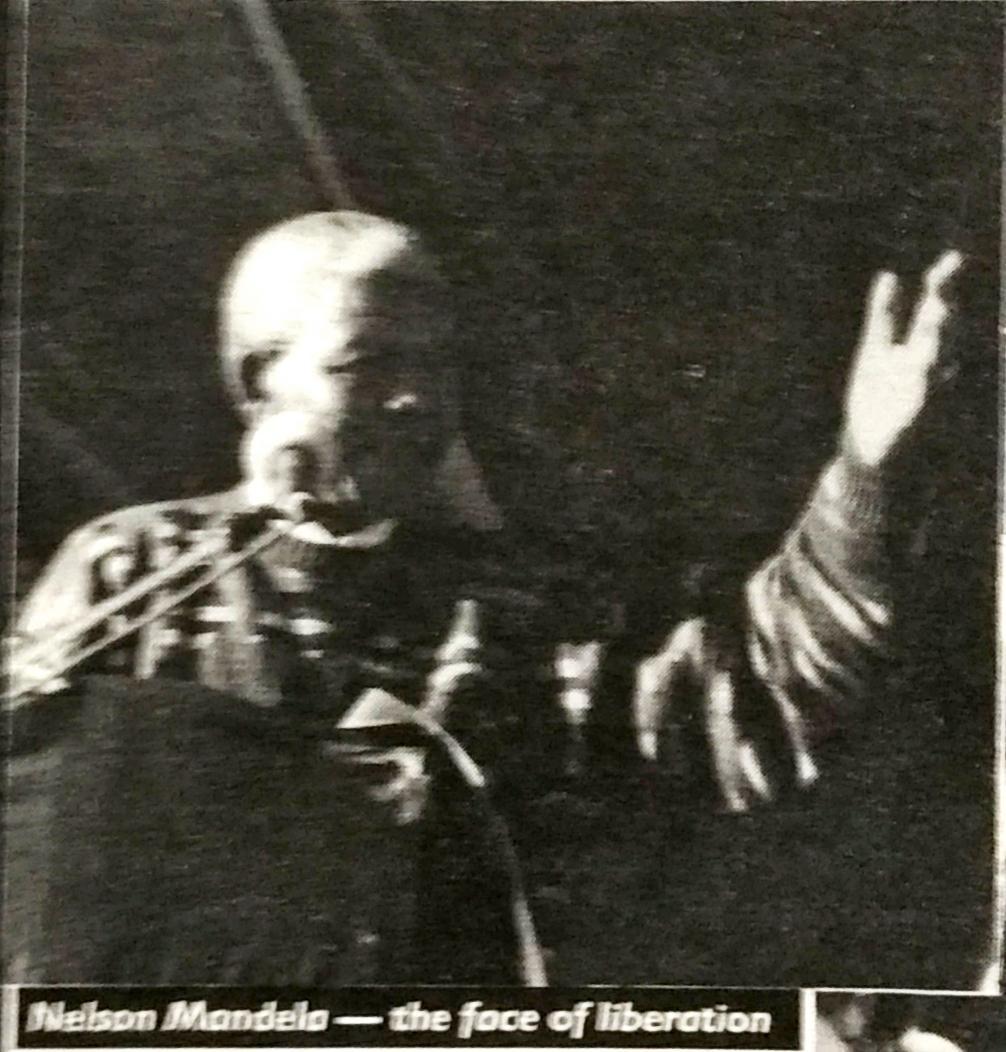By Finbarr O’Reilly
Beneath a bleak grey sky, gusting wind makes the rain feel especially cold. But people are laughing and joking in the line stretching kilometres along the busy main road. Their patience is tangible. Stocky black women with calloused hands and worn faces wear brightly coloured dresses and hopeful smiles. Some gently bounce or rock silent babies strapped to their backs by patterned cloth or towels.
They share umbrellas and pleasantries with older white women with tinted blue hair whose beds they might otherwise make or whose laundry they might otherwise iron. Together they wait, patiently in the drizzle. Some have been waiting their whole lives.
It’s April 27, 1994, the most peaceful day in South Africa for more than a decade. And they’ve come to vote.
Inside the polling station, a wizened old black man with leathery skin wants to put an X beside Nelson Mandela’s picture. But despite thick glasses, he can’t see properly. He frowns at the ballot paper displaying more than 25 faces and corresponding party symbols. Several symbols have been designed to resemble that of Mandela’s ANC party in hope it would fool some of the millions of illiterate and first-time voters. Seeing that the old man is having the same difficulty as many others have on this day, an election monitor helps him find the right space on the paper.
Slowly, as if savouring the moment, he picks up the blunt yellow pencil, short from so many sharpenings and dirty from all those who’ve held it, and methodically scratches a lopsided, wobbly X. He holds the paper at arm’s length to examine his work. Satisfied, he folds it meticulously and shuffles off to the sealed grey box and forces the paper in. The box is nearly full.
Outside, the sun is showing itself through a break in the clouds. The damp pavement is steaming. It smells of wet concrete.
Emerging from the polling station, the old man is helped down by the young, white election monitor who has walked him through his vote. At the foot of the steps the old man turns stiffly toward the monitor, looking up.
The monitor can feel a patch on the elbow of the man’s threadbare green suit as he looks down into his cataract-damaged eyes. The man’s breath smells bad. A gnarled left hand holds a cheap wooden cane and an orange wool cap that doesn’t match his suit. He’s not wearing any socks. The toenail of a big toe is visible through the hole in my muddy leather shoe.
Displaying long, yellow teeth and carving the wrinkles even deeper into his face, the old man smiles and says, “Now I can die.”
And off he goes. Toward the future of a country stepping away from its past. On shaky legs.










Leave a Reply